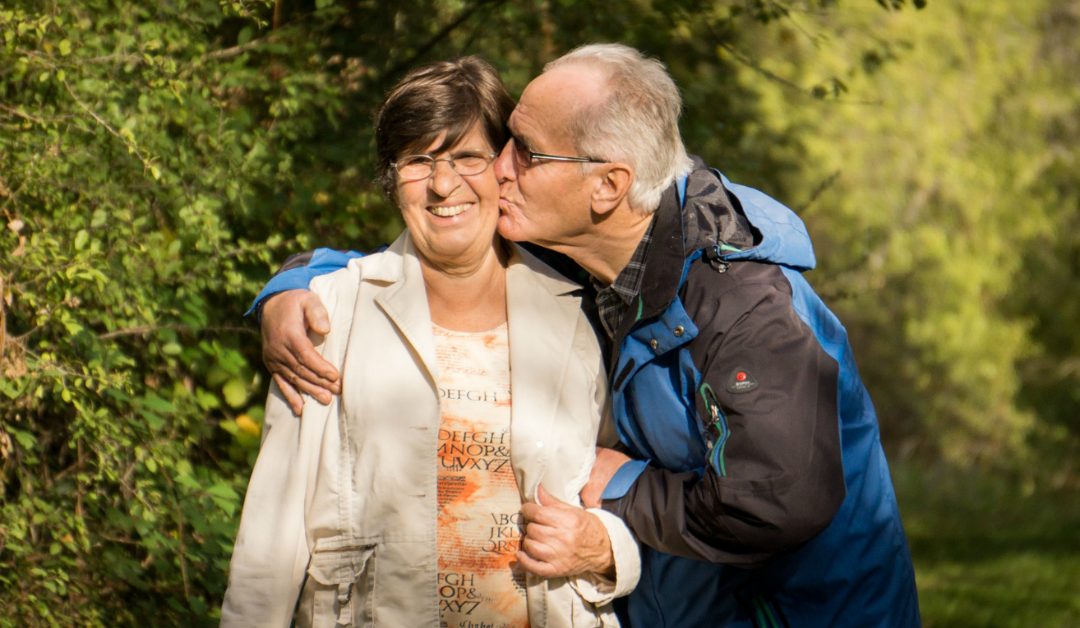Contributed by Jim Nelson, consultant to CAIRE Inc. ~
During the years when I was losing my lung capacity, (20 years from the time that I quit smoking to the day of my diagnosis), my ability to do stuff gradually diminished. It was so gradual that I really had no idea what was happening. We had friends and family members in those days who did not really understand what I (we) were going through. There were days when I could barely wiggle. There were days when I felt pretty good, but they became more and more rare as the years passed. Some of them, the ones who cared enough to ask, who listened to the answers, had some inkling of what was happening in our lives. They were, and still are, in the minority. Until the day when we finally get up the nerve to be seen by friends and family wearing our oxygen cannula, until the day that there is finally a visible sign that we are sick, how are those close to us expected to understand why we can no longer run and play with the rest of the world? We barely understand it ourselves.
You will fight that day. You will avoid, at all costs, the idea that you have fabricated in your mind that the cannula makes you look weak, vulnerable, sick. You will risk harming your heart, you will put your brain cells in jeopardy, just to avoid the anticipated looks of pity, the stares of little children. Or big children. I did.
However, I quickly found that the cannula became helpful in ways other than keeping my body healthy, or enabling me to do stuff that would otherwise render me breathless. For those who cared, it became a conversation-starter. We had learned as much as we could about COPD, and we were therefore able to explain exactly what was going on. The people who were close to us knew that I was trying my very best to stay as healthy as I could for as long as I could, that I was exercising and using the oxygen when I was supposed to do so. Finally, they also realized that I was sick, that my occasional reluctance to join them in activities had a reason.
So, I want you, as the patient, to communicate with those close to you about your disease. In order to do that, you must learn as much as you can about it. Read the posts in the online support groups. Talk to your medical personnel. I want you, as the caregiver, to know as much or more about the disease as the patient. It will be useful in dealing with the changes that will eventually happen, and it will help you to explain to others.
If you are a friend or family member, if you give a damn about the patient, take the time to learn. Ask questions. Offer to help, and mean it! Get it through your heads that the patient would love nothing more than to join you in your activities, but that there will be times when they just cannot do so. Plan outings that the patient will be able to handle, given their shortness of breath. One of the symptoms of lung disease is social isolation, partly because of lack of understanding from you. If you have taken the time to read all of this, you will likely be willing to take the next step.
Please learn. Please understand. Please be the kind of friend that you would like to have if you are ever faced with a disease that will limit your activities. If you cannot find it within yourself to take that time, you may well become part of the problem. It is that reluctance to admit the existence of the disease, the refusal to believe that there is a real reason for the patient’s reactions, that leads to the sadness, the loneliness, the isolation. Please don’t be that person.
~ Uncle Jim
Jim Nelson is a double lung transplant recipient and a patient advocate for COPD patients throughout the U.S. and around the world. He and his wife, Mary, are well known patient advocates and brand ambassadors for those organizations who tirelessly endeavor to help those individuals who suffer from a variety of respiratory diseases and the caregivers who support them.
If you have been prescribed oxygen therapy, learn more about CAIRE by visiting www.cairemedical.com or calling 1-877-704-0878 to talk to an oxygen advisor.
When using any oxygen therapy device please consult the applicable product instructions for use for product indications, contraindications, warnings, precautions, and detailed safety information.

